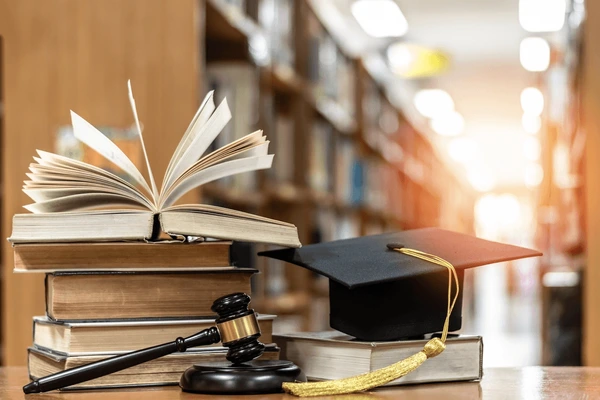The education system in Boston, like many others across the country, is evolving in response to legal challenges brought by parents, students, and staff. Lawsuits have the power to spark change, ensuring accountability and driving compliance with federal, state, and local laws. From cases focusing on discrimination to those targeting safety and educational equity, these legal actions are reshaping policies, practices, and even culture within Boston schools.
Here’s a closer look at how lawsuits are impacting school environments and the steps being taken to adapt.
Legal Challenges Addressing Discrimination
One area where lawsuits have had a profound influence is in combating discrimination. Boston schools, like others, have faced cases involving racial bias, gender inequities, and unfair treatment of students with disabilities. These cases often hinge on federal laws like Title IX, which prohibits sex-based discrimination, and Section 504 of the Rehabilitation Act, which guarantees accommodations for students with disabilities.
For instance, a lawsuit filed by parents in Boston Public Schools highlighted inequities in how special education services were provided. The case revealed gaps in resources, leading to new district-wide policies aimed at training educators on disability rights and ensuring Individualized Education Programs (IEPs) are properly implemented.
By holding schools accountable, lawsuits push districts to confront systemic issues and adopt strategies that promote equitable treatment for all students. Today, Boston schools are investing more heavily in staff training, diversity initiatives, and anti-bias education to proactively prevent discrimination-related lawsuits.
Increased Focus on School Safety
Student safety has become another hotbed for legal battles, particularly in the wake of national concerns about bullying, harassment, and school shootings. Boston schools have seen lawsuits related to inadequate protection measures or failures to address reports of harmful behavior. For example, cases involving bullying on school grounds or online have brought attention to how schools investigate incidents and protect victims.
These lawsuits have prompted significant shifts in policy. Schools are now adopting zero-tolerance anti-bullying programs, increasing their use of surveillance technology, and forming dedicated task forces to deal with safety concerns. Many schools have even introduced anonymous reporting systems, allowing students and parents to file complaints without fear of retaliation.
Lawsuits often uncover the weak points in existing safety protocols, forcing schools to prioritize student well-being and create a secure learning environment.
Accountability for Educational Rights
Legal actions have also centered on students’ educational rights, such as access to adequate resources and specialized programs. Boston schools have faced challenges related to unequal academic opportunities, including cases where parents argued that schools failed to prepare their children adequately for standardized testing or higher education.
These lawsuits shed light on disparities in school funding, teacher quality, and curriculum standards, prompting districts to rethink resource allocation. For example, Boston schools have taken steps to increase support in underserved communities, offering remedial programs, tutoring, and enrichment activities to address educational gaps.
Holding schools accountable for meeting academic standards has led to heightened efforts in ensuring all students receive a fair chance at success, regardless of their circumstances.
How Schools Are Adapting
To mitigate the risk of lawsuits, Boston schools are becoming increasingly proactive. Districts are investing in initiatives aimed at improving communication with families, ensuring compliance with laws, and fostering a culture of transparency. For instance, schools are now more likely to hold public forums or distribute information about legal rights and student protections.
Conclusion
Perhaps the most significant impact of lawsuits is the shift in school culture. Legal actions have heightened awareness of accountability, encouraging schools to act more efficiently and ethically. Parents, students, and staff are more empowered to advocate for their rights, ensuring education remains inclusive, safe, and effective for all.
Lawsuits may be contentious, but they are undeniably catalysts for progress in Boston’s schools. By learning from these legal challenges, schools are becoming more resilient, better prepared, and stronger advocates for the communities they serve.


